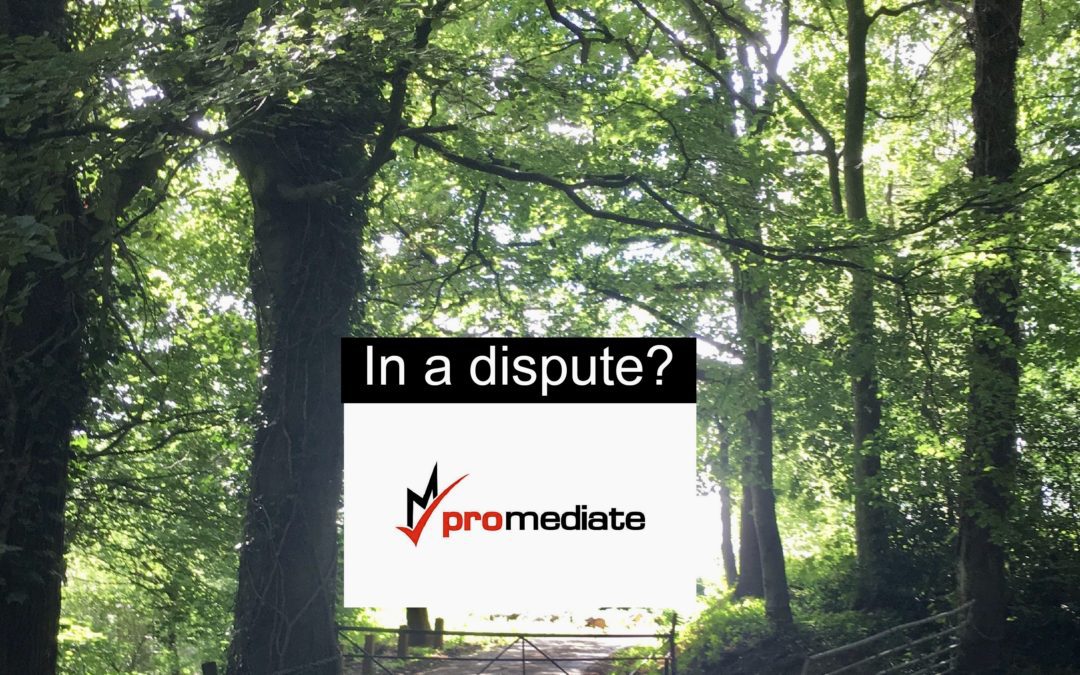The recent decision of Von Westenholz & Ors v Gregson & Anor [2022] EWHC 3374 (Ch) (23 December 2022)
URL: http://www.bailii.org/ew/cases/EWHC/Ch/2022/3374.html
Cite as: [2022] EWHC 3374 (Ch) demonstrates how it can be a lottery whether the judge finds that a party should pay costs for refusing to mediate and why the decision in Halsey regarding the criteria for refusing to mediate, or in fact the whole system should be changed.

At the moment the MOJ is considering whether to change the Court system to include mandatory referral to mediation in small claims cases as a possible precursor to widening this out to higher value cases.
In this high court decision, the Court found for the Claimant. It was a complicated case:
The judge said: “I found the Defendants liable to account to the second, third and fourth Claimants in the sum of £400,000 by way of equitable compensation as a result of failing to ensure that a dividend of £400,000 was received by them in their capacity as trustees at a time when they knew that the Claimants claimed an interest in certain shares held by them (based on what is referred to in my previous judgment as the Guardian Trust principle) and also on the basis of a breach of fiduciary duties owed to the Claimants.
When the judge came to consider who should pay the costs and whether the Court should depart from the usual winner takes all principle and order the Defendants to pay indemnity costs (ie all the Claimant’s costs) The Court also considered part 36 offers.
In this case the judge found that the Court should not penalise the Defendants for refusing to mediate saying:
As far as the failure to mediate is concerned, it is clear that the Claimants suggested mediation/negotiation on a number of occasions. These were all rejected by the Defendants on the basis that the parties were so far apart in their view of the claim that there would be no point in having such discussions. It would only delay matters and add to the costs. Whilst the court encourages mediation and negotiation in order to resolve disputes, given the nature of the claims being made against the Defendants (including allegations of malice and potential dishonesty), the failure to agree to such discussions in this case was not in my view so unreasonable as to justify an award of costs on the indemnity basis.
From a mediator’s perspective, and in our view Court users, this is disappointing as there is no certainty that refusing to mediate will result in a penalty. As a result parties may feel there is a chance there will be no costs consequences. In our view, the system should be changed to create more certainty. Until that happens a party can ignore mediation and take the risk, for it is still a risk, and costs will be incurred which could have been avoided.
If you or your clients wish to instruct a mediator we have a panel of highly experienced cost effective mediators who can assist. Please get in touch at enquiries@promediate.co.uk

